In this type of infertility, couples are not able to conceive a child even after trying for a year or more.
Large populations of the world consider infertility as an individual problem or concern of a small population. Is that true? No, infertility is a widespread problem. According to The latest report from the World Health Organization (WHO), 1 in 6 people worldwide is affected by infertility. Ayurveda provided the solution to this complex issue decades ago, and the treatment method was carried forward by Arogyadham Health & Wellness in Baksa. The best thing about us is the treatment procedure, in which the problem is treated with 100% natural methods without any surgery or chemical.
The treatment starts with knowing the root causes of infertility, whether the reason is a physical, emotional, or hormone-related problem, and it includes different steps of treatment. Forget the doubts and begin your infertility treatment with confidence.
Infertility is a challenge for the parents of bringing new life into the world. Even after putting in all the effort, they cannot conceive a child after a year or more. It hurts the sentiments of both men and women and disrupts the natural journey to parenthood.
In females, infertility refers to hardships in getting pregnant or being unable to carry a pregnancy for 40 weeks. This can involve issues with egg production, problems with reproductive organs, or hormonal imbalances.
For men, the definition of infertility is the inability to produce healthy sperm, or sperm can't complete the journey to reach the female egg.
However, infertility, according to Ayurveda, is the result of a disturbance in the body's natural balance. Ayurveda sees women's infertility as the result of an imbalance in the Reproductive Doshas, mainly an imbalance of Vata and Pitta, which primarily affect the menstrual cycle and ovulation and result in the inability to conceive and carry a pregnancy. According to Ayurveda, Infertility in men is the issue of the quality and quantity of Shukra dhatu (semen or reproductive tissue).
We can categorise Infertility into several types based on the cause of infertility and the effects on one or both partners.
Here are the main types:In this type of infertility, couples are not able to conceive a child even after trying for a year or more.
This mainly occurs when the couple has been able to conceive a child previously but is unable to get pregnant again.
As we know, Infertility in men is an issue related to sperm production, whether in quality, quantity, or the inability to reach the female egg.
Infertility in women is the issue with ovulation or a problem with another female reproductive organ, like the fallopian tubes or uterus, or hormonal imbalances can also be the reason for Infertility.
In this type of infertility, doctors are not able to find a suitable reason for infertility.
Book your consultation with Ayurvedic doctors about infertility in Baksa.
Some Common causes of infertility are affecting both men and women All over the world, these causes are generating more cases of infertility in modern times.
Here are some common causes of infertility:One of the most critical factors for infertility is age. As people grow older, fertility trends decrease. Mainly for women, fertility chances begin to decrease notably in their 30s, and there is a sharp decline in fertility after 35. In men, there is no fixed age of decline in sperm quality and quantity, but according to research, as they get older, the quality and quantity of sperm reduce.
Long-term health conditions can also impact fertility for both men and women. Diseases like type 1 and type 2 diabetes, thyroid disorders, long-term obesity, and immune-related disorders can affect reproductive health and lead to infertility.
Hormonal imbalances are one of the serious factors for infertility. For women, hormonal factors affect ovulation, causing infertility, and for men, hormones can impact sperm production. Some common issues, like polycystic ovary syndrome (PCOS) in women and low testosterone in men, are the perfect example of how hormonal imbalances are causing infertility.
The increasing cases of infertility show how the wrong lifestyle is damaging reproductive health. Growing Habits of smoking, extreme use of alcohol consumption, low-grade diet, and lack of physical activity can increase the chances of infertility in both men and women.
Infertility usually doesn't show any critical symptoms, even most people who don't realise it until the treatment. Still, with some minor symptoms that are different in males and females, you can understand and visit a doctor early.
Here’s the list of Possible Symptoms of Infertility in Male & FemaleAyurvedic treatments for infertility mainly focus on restoring balance, improving reproductive health, and addressing underlying causes. Along with this, it primarily balances the body's doshas, Vata, Pitta, and Kapha, improves digestion (Agni), and strengthens the reproductive system in both males and females.
The Ayurvedic approach to treating infertility starts with strengthening the Shukra Dhatu reproductive tissue and enhancing the Agni digestive fire to reduce Ama (toxins). Many further treatment processes, like Rasayana Therapy and Marma Therapy, are done to treat infertility in men and women. Experts should produce all treatment processes, and the best choice for Ayurvedic infertility treatment is Arogyadham Health & Wellness in Baksa because Ayurvedic Treatment for Infertility in Arogyadham baksa mainly aims to address the root cause of infertility and encourage overall health and well-being.
Arogyadham Health & Wellness in Baksa offers a unique and complete approach to infertility treatment through Ayurveda.
Please feel free to contact us for more information.
Infertility in women naturally starts at the age of 30 and keeps increasing after 35 years of age. It has a more significant decrease after 40. According to Arogyadham Health & Wellness in Baksa, the age factor of infertility can be decreased.
Yes, lifestyle changes can improve fertility in males and females. A nutritious diet, healthy weight, regular exercise, and stress reduction contribute to better fertility. Arogyadham Health & Wellness in Baksa, under the expertise of Vaidyaratnam Dr Neelam Agarwal, delivers personalised Ayurvedic treatment to improve fertility.
According to the Ayurvedic Infertility Clinic in baksa, Couples should see a doctor immediately after one year of trying to conceive without success.
According to the Ayurvedic Infertility Clinic in baksa, Couples should see a doctor immediately after one year of trying to conceive without success.
"Arogyadham's Ayurvedic treatment for infertility has truly been a ray of hope in my journey towards parenthood. After years of struggling with infertility, I decided to embrace Arogyadham's holistic approach. The doctors' expertise in Ayurveda and their compassionate care were truly commendable. They crafted a personalized treatment plan that included natural herbs, therapeutic interventions, and lifestyle modifications. Under their guidance, I witnessed significant improvements in my reproductive health and overall well-being. The supportive staff at Arogyadham made the entire process comforting. If you're seeking a natural and comprehensive solution for infertility in Baksa, I highly recommend Arogyadham. They have transformed my life for the better."
Sara Khan"Words cannot express my gratitude towards Arogyadham for their Ayurvedic treatment for infertility. The journey of trying to conceive was filled with ups and downs, but Arogyadham provided the unwavering support and guidance I needed. The doctors' profound knowledge in Ayurveda and their personalized treatment approach were exceptional. Through a combination of thoughtfully curated herbal remedies, therapeutic interventions, and lifestyle adjustments, I experienced positive transformations in my reproductive health. The caring and compassionate staff at Arogyadham made me feel heard and supported throughout the entire process. If you're seeking a natural and effective solution for infertility in Baksa, Arogyadham is the right choice. They have given me hope and a renewed sense of optimism."
Ananya SharmaShare the Problem/Disease for the appointment
Now Select the doctor for your appointment
Fill out the required details so we can contact you
Appointment Details will be shared with you
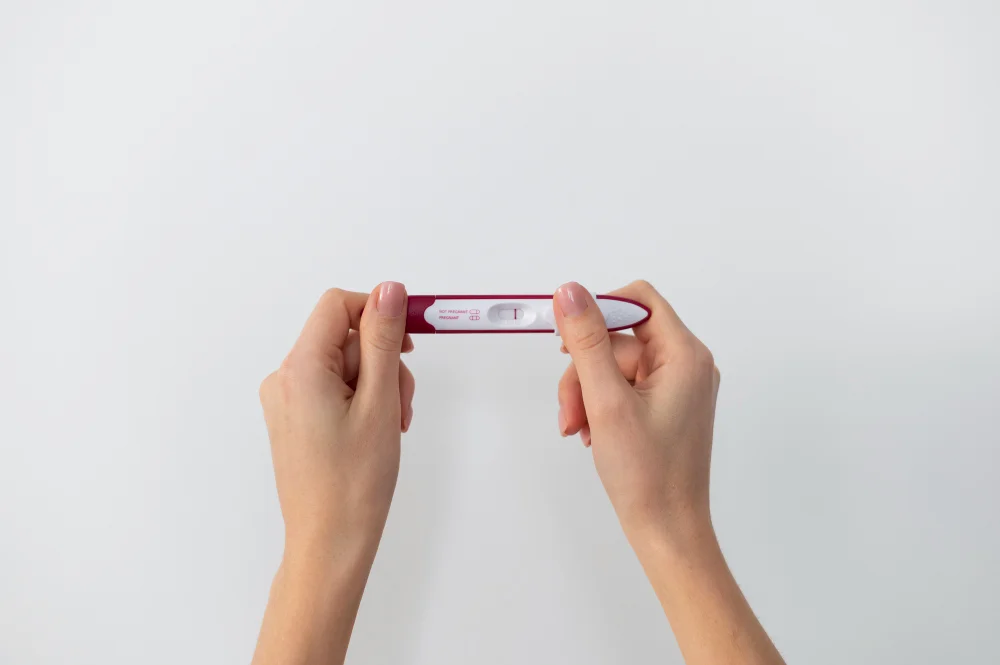
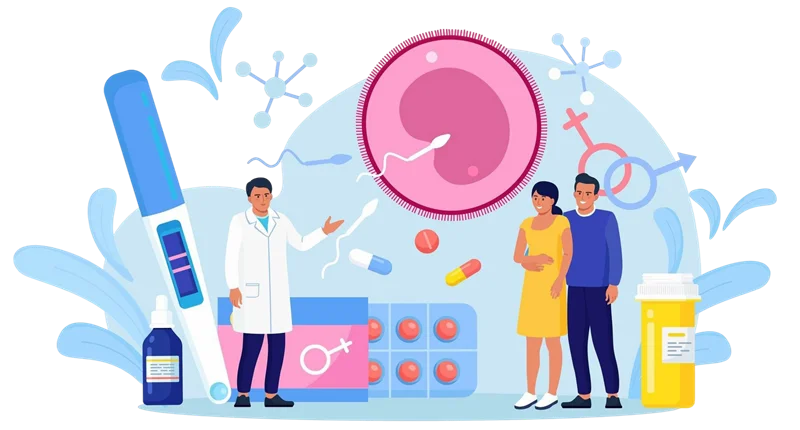
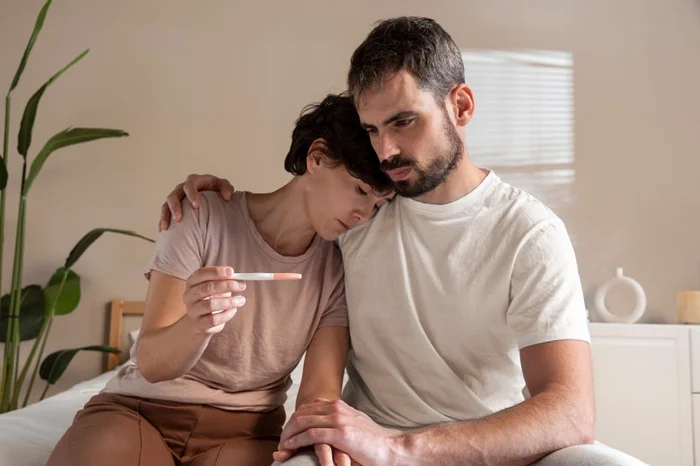 01
01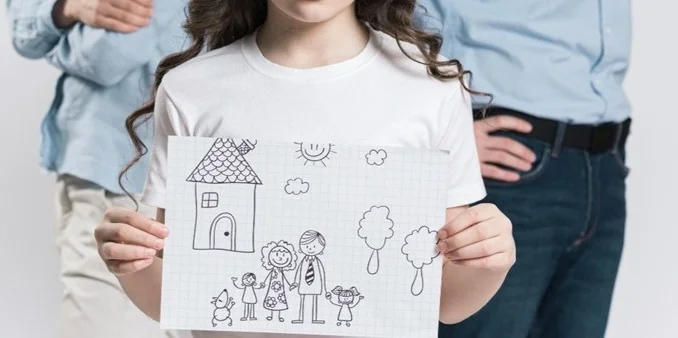 02
02 03
03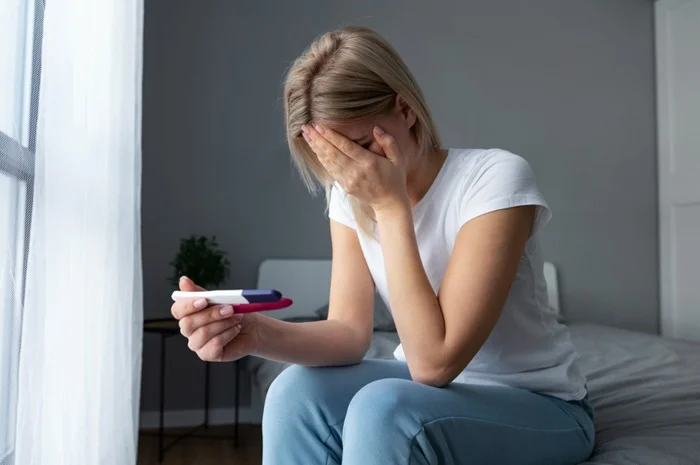 04
04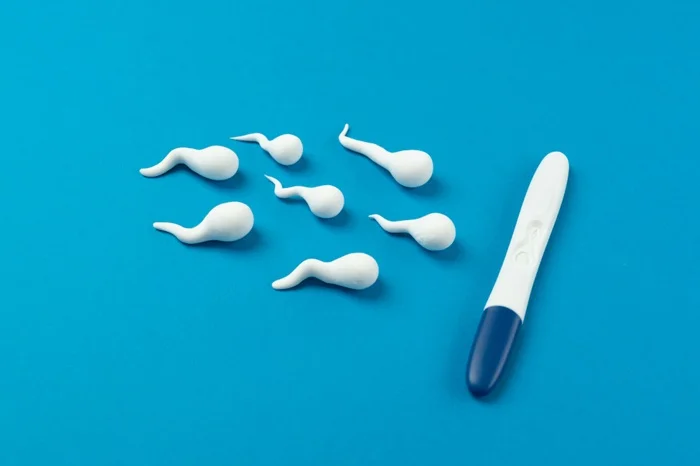 05
05 Call & Book your Appointment
Call & Book your Appointment
 Consult with our Ayurvedic doctor
Consult with our Ayurvedic doctor
 Get Medication and Therapies
Get Medication and Therapies



